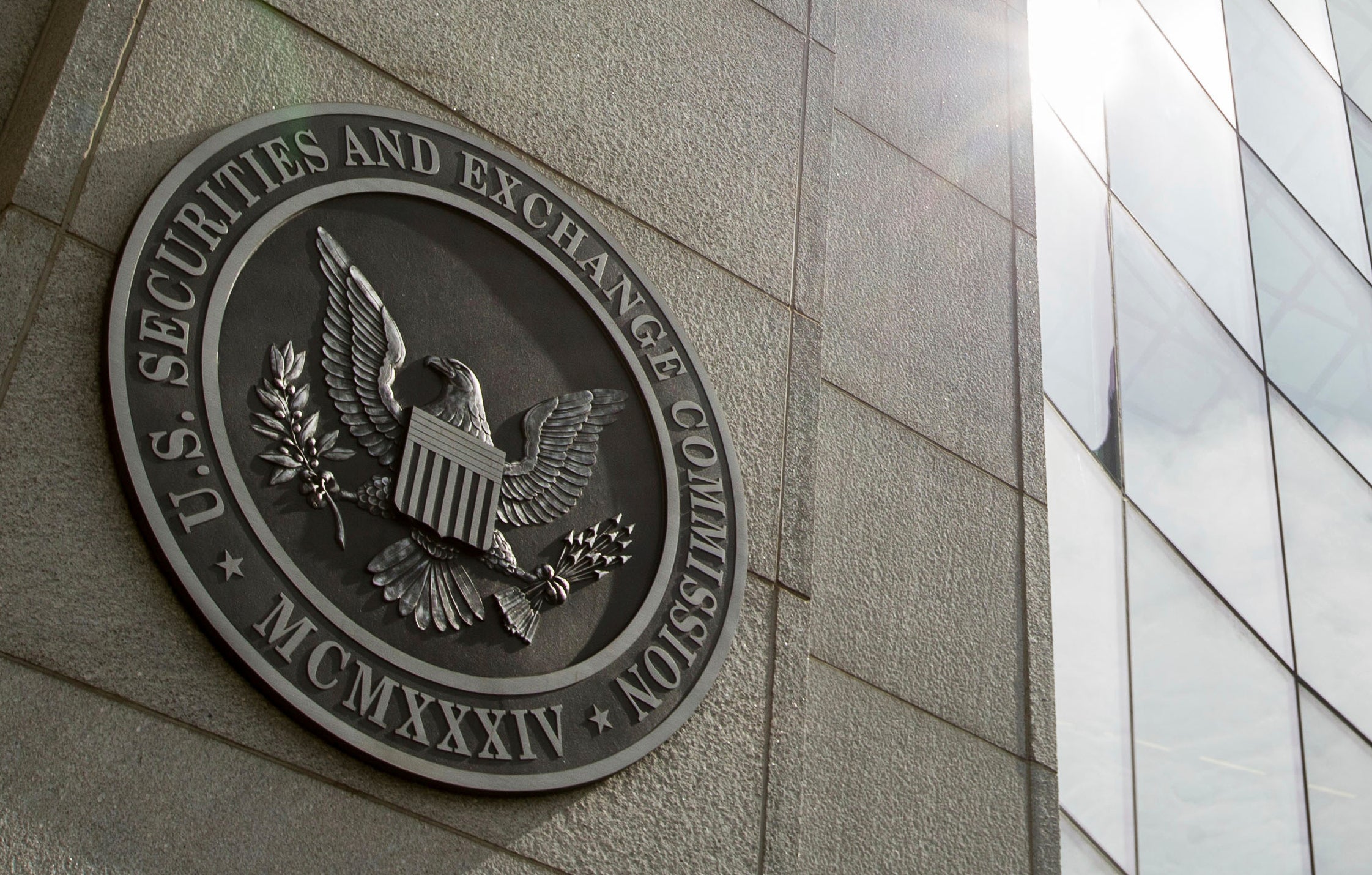New SEC rule requires public companies to disclose cybersecurity breaches in 4 days
The Securities and Exchange Commission has adopted rules to require public companies to disclose within four days all cybersecurity breaches that could affect their bottom lines

Your support helps us to tell the story
From reproductive rights to climate change to Big Tech, The Independent is on the ground when the story is developing. Whether it's investigating the financials of Elon Musk's pro-Trump PAC or producing our latest documentary, 'The A Word', which shines a light on the American women fighting for reproductive rights, we know how important it is to parse out the facts from the messaging.
At such a critical moment in US history, we need reporters on the ground. Your donation allows us to keep sending journalists to speak to both sides of the story.
The Independent is trusted by Americans across the entire political spectrum. And unlike many other quality news outlets, we choose not to lock Americans out of our reporting and analysis with paywalls. We believe quality journalism should be available to everyone, paid for by those who can afford it.
Your support makes all the difference.The Securities and Exchange Commission adopted rules Wednesday to require public companies to disclose within four days all cybersecurity breaches that could affect their bottom lines. Delays will be permitted if immediate disclosure poses serious national security or public safety risks.
The new rules, passed by a 3-2 vote, also require publicly traded companies to annually disclose information on their cybersecurity risk management and executive expertise in the field. The idea is to protect investors.
Breach disclosures can be delayed if the U.S. Attorney General determines they would “pose a substantial risk to national security or public safety” and the company notifies the SEC in writing. Only under extraordinary circumstances could that delay be extended beyond 60 days.
“Whether a company loses a factory in a fire — or millions of files in a cybersecurity incident — it may be material to investors,” SEC Chair Gary Gensler said in a statement, noting the current inconsistency in disclosures.
The rules will put “more transparency into an otherwise opaque but growing risk” and may spur improvements in cyber defenses — though potentially posing a bigger challenge for smaller companies with limited resources, Lesley Ritter, senior VP at Moody’s Investors Service, said in a statement.
The rules were first proposed in March 2022, when the SEC determined that breaches of corporate networks posed an escalating risk as their digitization of operations and remote work increased — and the cost to investors from cybersecurity incidents rose.
While some critical infrastructure operators and all health care providers must by law report breaches, no federal breach disclosure law exists.
In a new report published by IBM, researchers found organizations now pay an average of $4.5 million to deal with breaches — a 15% increase over the past three years. The Ponemon Institute researchers also found that impacted businesses typically pass the costs on to consumers, who may themselves also be victims with personal information stolen in a breach.
The rule's passage also comes amid slow-moving, often cryptic disclosures — some through SEC filings — from a major data breach affecting hundreds of organizations caused by the so-called supply chain hack by Russian cybercriminals of a widely used file transfer program, MOVEit. The breach has impacted multiple universities, major pensions funds, U.S. government agencies, more than 9 million motorists in Oregon and Louisiana and companies including the BBC, British Airways, Ernst & Young and PricewaterhouseCoopers.